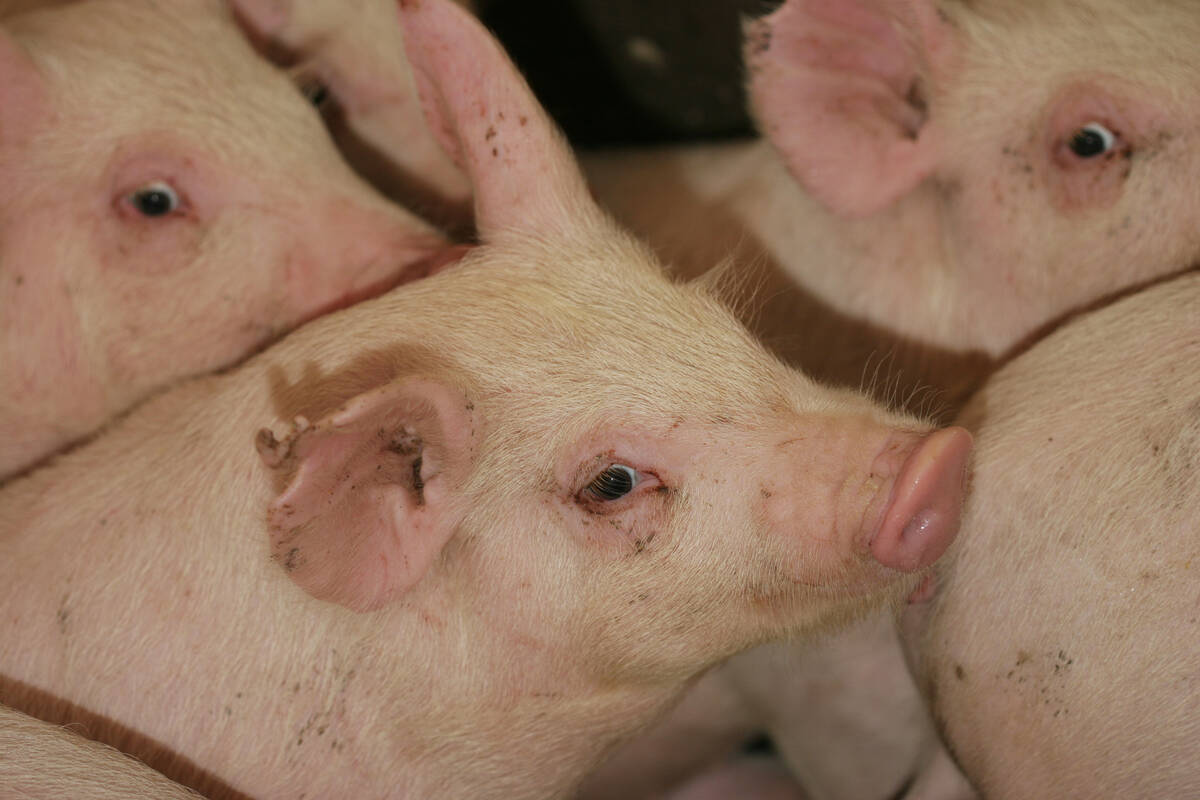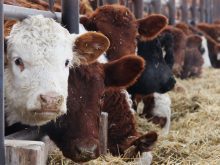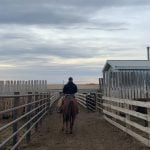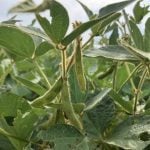Alberta is losing its competitive edge as a champion cattle feeding region, according to a recent report commissioned by cattle groups in the province.
“The cattle feeding sector in Alberta is, or
already has, lost its economic advantage upon which the industry was built back in the 1980s and 1990s,” a consulting company wrote in a report on cattle industry competitiveness commissioned by Alberta Beef Producers and the Alberta Cattle Feeders Association .
The findings should come as no surprise to most producers, said Steve Primrose of Lethbridge, who chairs the cattle industry council within the ABP.
Read Also

The Western Producer Livestock Report – September 25, 2025
The U.S. national live price average for barrows and gilts was $81.21 Sept. 17. It was $78.37 Sept. 9. U.S. hogs averaged $106.71 on a carcass basis Sept. 17, up from $106.10 Sept. 9.
“I believe that most of us deep down probably knew this. This is just validating some of our worst fears.”
ABP chair Darcy Davis said Informa Economics’ findings will be shared with the Canadian Cattlemen’s Association because many issues are national.
The study questions whether feeders and packers can remain sustainable under current conditions, such as lower feed costs in the United States and the strengthening Canadian dollar.
If feed costs are lower in the U.S., feedlots in that country can afford to pay more for cattle, and more Canadian feeder calves could be
exported.
The U.S. biofuel industry presents another threat to the Canadian industry. It is driving up demand and price for feed grain, mostly corn, and diverting it from livestock feed.
Expansion of the ethanol industry may come at the expense of livestock producers, who rely on an ample, reasonably priced feed grain.
“We don’t know enough about ethanol, biodiesel to really decide where we are going to go with this. The ethanol in the U.S. kickstarted this whole thing and as Canada jumps on the bandwagon to build ethanol plants, are we doing the right thing?” asked Primrose.
“It caught the livestock industry off guard.”
He suggested that a risk assessment and business plan is needed to make sure the desire for biofuel does not come at the expense of a major agriculture sector.
The report concluded it is not economically justified for Canada to attempt an U.S.-style expansion of its renewable fuel industry, given the rich fossil fuel resources here.
Caution needs to guide investment in ethanol production because yield enhancements may not satisfy an expanded demand for barley, feed wheat or both, it stated.
Primrose doubts barley production can be increased enough to make up for the shortfall. The U.S. industry may recover, but the western Canadian livestock sector could be devastated because it was built on the premise of cheap and ample barley supplies.
He said agronomic improvements and feeding cattle dried distillers grain, produced as a byproduct during ethanol production, could offset any disadvantage American feeders might encounter.
“If U.S. corn yields double in the next five to 10 years, as seed companies claim is possible, then U.S. corn producers will be able to satisfy both feed and fuel demand with little long-term upward impact on corn prices,” the report said.
There are other aspects that are beyond producers’ control such as exchange rates, American grading systems and the world price of grain. Other key areas of concern include research, labour shortages and lagging pharmaceutical approvals in Canada.
The report said the Alberta feedlot sector is at a disadvantage to U.S. feedlots because of the difference in approval time for medications that gives the Americans a two- to five-year head start.
“What we have to do is try and do the things we can do around getting our drug approvals quicker and better, making sure we have access to cheaper inputs,” Davis said.
The report also suggested Canada should focus on regional research issues and let the U.S. engage in basic research. Canada also needs to accelerate transfer of information from researchers to the industry.
There is good and bad news on the slaughter and processing side.
More stringent Canadian rules on removing and disposing of specified risk materials, those cattle parts deemed most at risk for carrying the prion believed to cause BSE, costs more but could provide a better sales position to other export markets. The industry can also tout its advanced traceability system as an advantage in foreign markets.
The existence of only two major players in the Western Canada packing industry creates a disadvantage, especially when the U.S. border is closed to live Canadian cattle.
The Canadian industry also lags in price gathering and reporting, which leaves the industry at an information disadvantage, said the report.
“Efforts to further develop the voluntary beef price reporting system in Canada should be made,” the report stated.
Davis said mandatory price reporting is controversial and requires legislative change.
“Before we do something drastic on the market power side, we really need to know what people are getting for their cattle,” he said.
“Having producers know what the price is would give them more power in the marketplace.”
Grading differences present another competitive issue for Alberta. USDA Choice is seen as a premium product to Canada’s AAA grade even though they were set up to be equal.
The 250 page study recommends several steps that the cattle industry can take to save itself:
- Pursue low cost production.
- Set itself apart as the producer of unique products such as natural, organic or more quality focused brands.
- Focus on a strategy that is built around servicing a particular market well.















